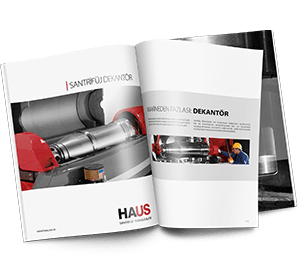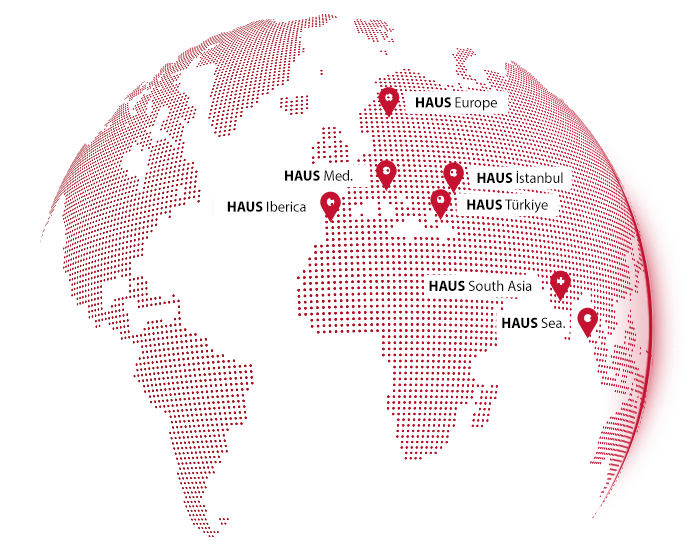The word "boutique" comes from the French word "Boutique" and refers to customized limited edition production that caters to a special customer base. It’s a term that makes the customer feel exclusive. In the case of olive oil, the main criteria for selecting a boutique product include factors such as taste, quality, hygiene, health, and brand loyalty. There is always a customer base willing to pay for this distinction, and the demand for this product category is growing.
Olive oil is one of those unique products that can be both delicious and healthy at the same time. Due to the impact of the Covid-19 pandemic, olive oil has become an increasingly popular product for consumers turning toward healthy products. Conscious consumers place high importance on label information, seeking to understand the conditions under which their preferred product is produced, stored, its region of origin, the hygiene standards in production, and essentially, all the stages the product goes through until it reaches the table. Recent cancer research has highlighted the role of polyphenols in promoting health. This information becomes a strong sales argument for companies producing boutique olive oil, as the polyphenol content in olive oil can be preserved if production, harvesting, and pressing meet specific standards.
In our country, olive oil has become a favorite among high-flavor products sought by the emerging gourmet food culture. A dish made with olive oil that balances bitterness, pungency, and fruitiness always has a more distinct taste. For producers aiming to emphasize quality, the key features highlighted on labels are as follows:
- Early harvest
- Geographical indication
- Olive variety
- Pressing type
- Uniform production
- Cold-pressed
- Polyphenol content
- Awards
In the Tuscany region of Italy, a producer offers about 22 varieties of extra virgin olive oil under different labels, despite producing a relatively small quantity. They achieve differentiation by offering products suited to various types of cuisine. In the United States, olive oil companies prioritize recipes and suggest which oil should be used for each dish, rather than simply promoting the product's characteristics in their catalogs. These examples show that olive oil is not a commodity product and can command much more value through product differentiation.
The characteristics of the pressing plant chosen for boutique production are very important. In HAUS's olive oil pressing plant portfolio, OLEAPHENOL special series olive pressing lines are offered to clients seeking solutions for boutique production. The typical customer profile for these lines includes those who process their own olives or those from a specific region, conduct annual maintenance with care, adhere to strict hygiene standards, harvest at the ideal time, and prefer appropriate harvest methods.
Our OLEAPHENOL olive oil production facilities are designed to minimize factors that directly affect product quality rather than focusing on high capacity. These factors include air, water, temperature, light, and hygiene. The facilities feature a prioritized design to preserve the polyphenol content in olive oil and maintain the product's excellence. In our OLEAPHENOL production lines, special attention is given to factors like easy cleaning, hygienic design, minimal water exposure, temperature control at every step, and minimal air contact. We aim to differentiate the equipment at each stage of production. From bunker design to the use of vertical malaxers, detailed and precise designs are implemented for specific purposes.
In our OLEAPHENOL lines, we use stainless steel washing and conveyor belts. The decanters are designed with features such as easily accessible rotating parts for cleaning and maintenance, a special spiral design to prevent paste heating, smooth surfaces to avoid residue build-up, and a drum cooling system. The malaxer we use is a vertical malaxer that minimizes air contact. For detailed cleaning, the removable mixer system, scraper system, and sensors that monitor both paste and jacket water temperatures are used. Additionally, there is an inert gas feeding infrastructure. Our crushers feature a special design to prevent heat increase during crushing, and level sensors prevent overflows, automatically cutting off the feed when the system is overloaded.
As production costs rise, olive oil producers are increasingly targeting boutique products with higher added value. With our production lines designed to ensure hygienic and high-quality production, we continue to contribute to the olive oil production sector, serving the industry for over 70 years. We are committed to supporting special productions with customized designs. As HAUS, we aim to ensure that olive oil reaches the end consumer in a more valuable and delicious form.








